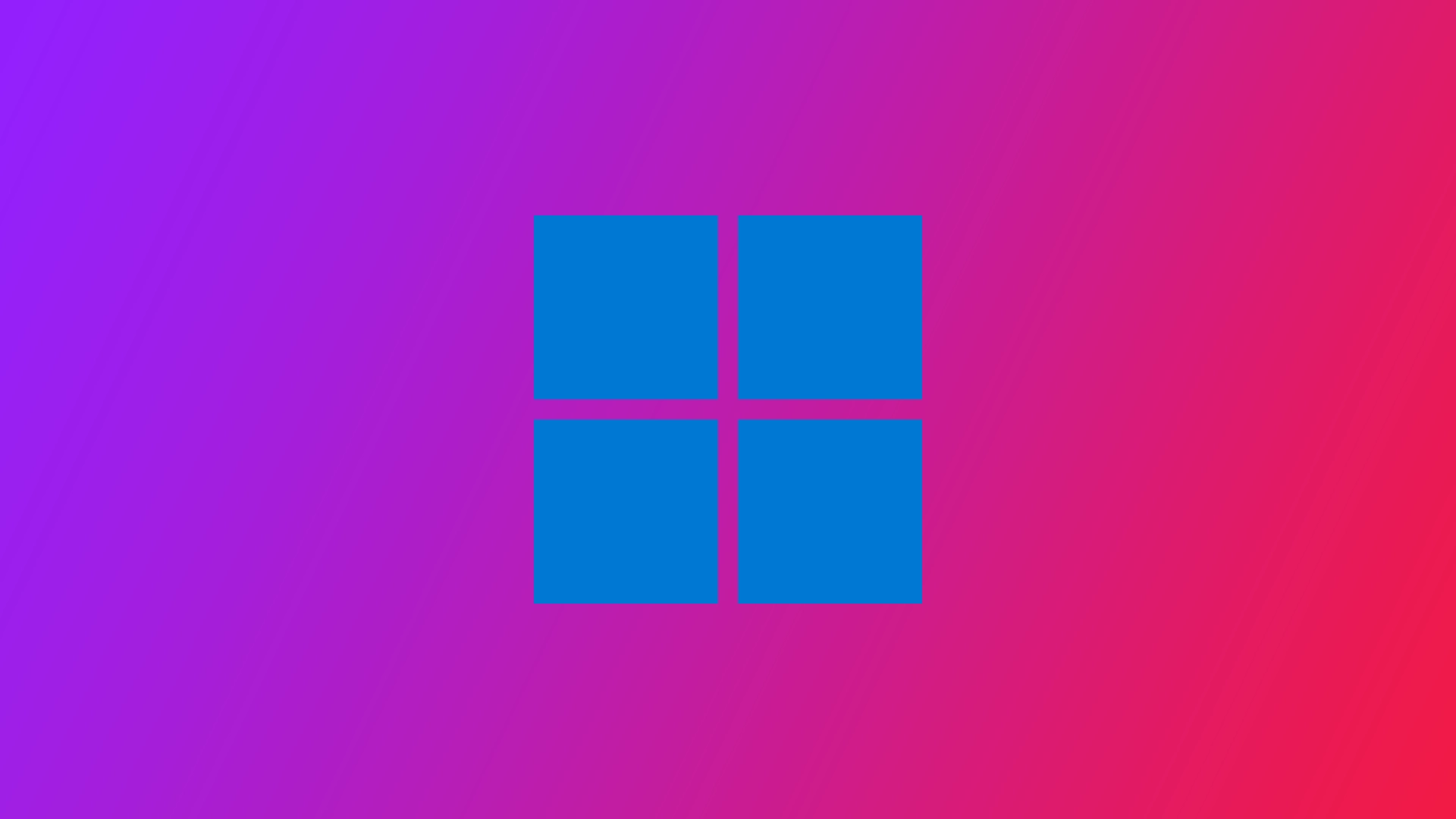Microsoft’s upcoming Windows 11 update, version 24H2, will bring a new hardware barrier, effectively rendering it incompatible with computers sporting extremely outdated CPUs. While this might sound alarming, experts assure that the affected machines are far beyond their recommended lifespans and were never officially supported by Windows 11 anyway.
Key Highlights:
- Windows 11 version 24H2 introduces POPCNT instruction requirement.
- Affects only CPUs predating mid-2000s, already unofficially incompatible with Windows 11.
- Modern unsupported PCs from the last 15 years remain unaffected.
- Move aims to improve security and performance, aligning with industry standards.
The change hinges on the POPCNT (population count) instruction, a CPU feature that became standard in the mid-2000s with AMD’s Barcelona architecture and Intel’s first-generation Core i series processors. By mandating POPCNT support, Microsoft aims to enhance security and performance optimizations within Windows 11, aligning with industry-wide advancements.
PCs impacted by this shift are likely over 15 years old and wouldn’t even meet the minimum hardware requirements for Windows 11. Microsoft had previously outlined these requirements, including a 64-bit processor, 4GB of RAM, and 64GB of storage, effectively excluding most machines released before 2008.
This update does not impact users with unsupported PCs from the last 15 years, such as those running Windows 7 or 8.1. However, it’s crucial to remember that these systems lack official support and pose significant security vulnerabilities due to outdated software and hardware limitations. Upgrading to a newer, officially supported system remains the most secure and performant option.
Would you like me to delve deeper into the technical aspects of the POPCNT instruction and its role in performance optimizations?
Could I explore various upgrade options for users with unsupported systems, considering budget and specific needs?
Are there any unofficial workarounds being discussed for older CPUs, although not recommended? (It’s important to highlight the security risks associated with these.)
Therefore, the average unsupported PC, like those running Windows 7 or 8.1, remains unaffected by this change. These users, however, are strongly encouraged to upgrade to a newer, officially supported system for security and performance reasons.
Microsoft’s decision reflects a trend in software development where developers prioritize optimizing for modern hardware that aligns with current security standards. While it might seem like planned obsolescence, it’s crucial to remember that extremely outdated systems pose significant security risks and lack the capabilities to run modern software effectively.
Microsoft’s decision reflects a broader trend in software development, where prioritizing optimizations for modern, secure hardware becomes essential. While some might view this as planned obsolescence, it’s vital to understand that extremely outdated systems lack the capabilities and security features required for modern software and online activities. Keeping such machines connected to the internet exposes users to significant risks like malware, data breaches, and identity theft.
For users concerned about their specific devices, checking the processor model and generation will reveal its POPCNT support. Alternatively, consulting Microsoft’s official system requirements page for Windows 11 will provide clarity.
Microsoft’s Windows 11 version 24H2 update requires the POPCNT instruction, effectively excluding extremely outdated CPUs from running the OS. This move improves security and performance but only affects computers well past their recommended lifespans and already unofficially incompatible with Windows 11. Users with modern unsupported PCs from the last 15 years are not impacted.



















